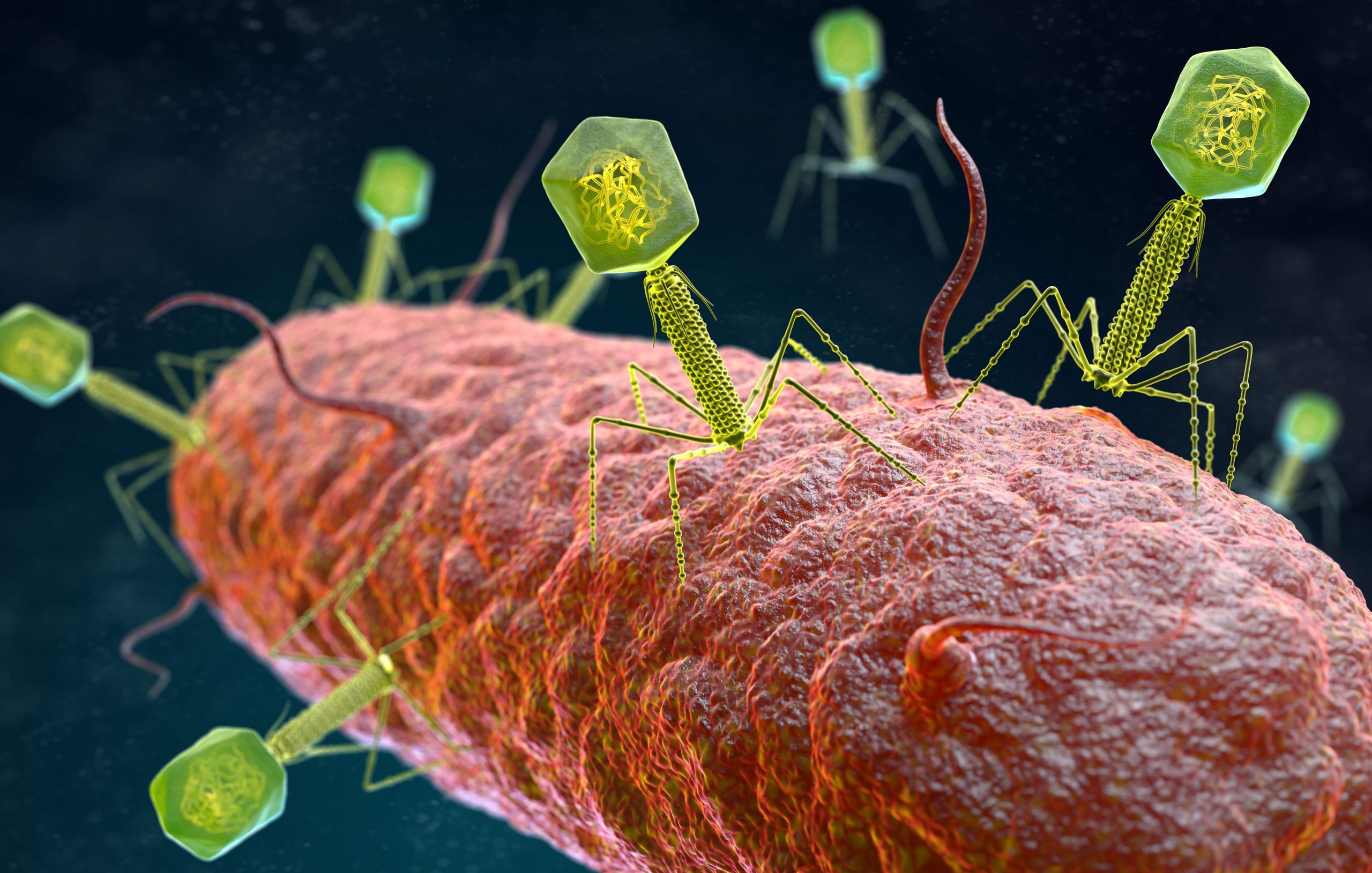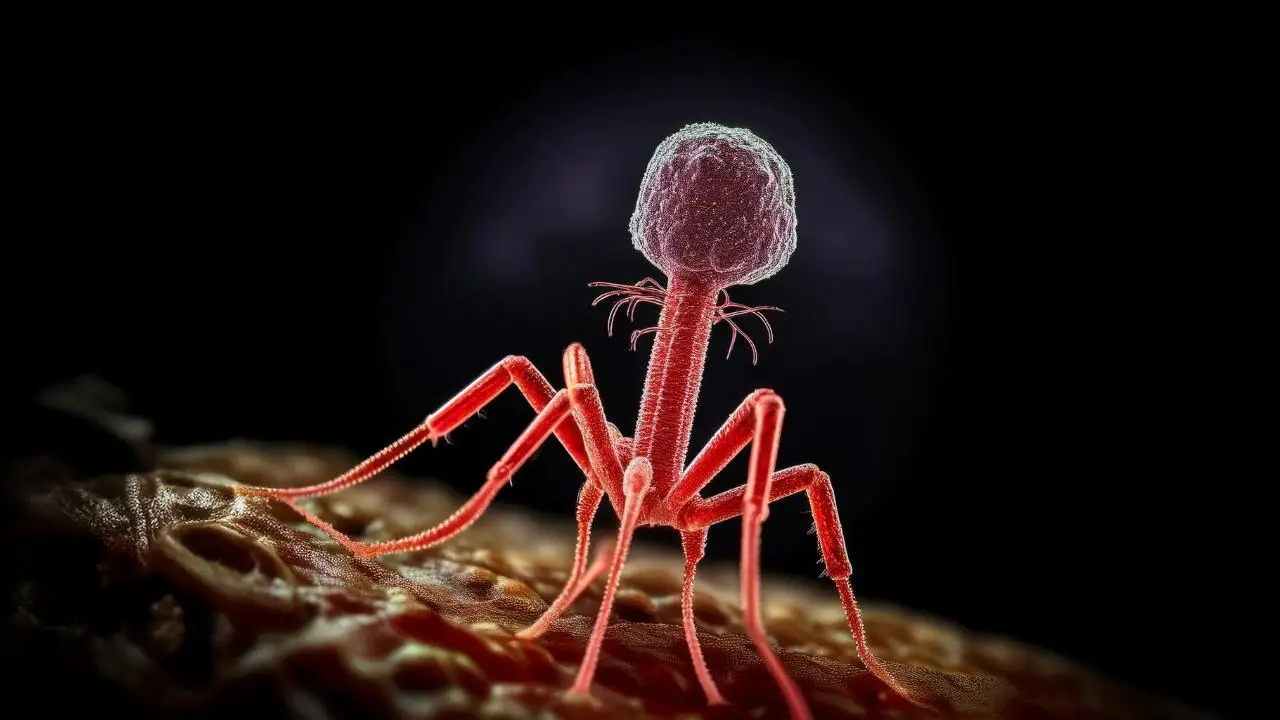
New research reveals that our everyday household items, like toothbrushes and showerheads, are teeming with hundreds of previously unknown viruses. However, this discovery isn’t a reason to panic — it might actually hold promising implications for future biotechnology innovations.
A recent study published by scientists from Northwestern University uncovered hundreds of viruses, specifically bacteriophages, from samples collected from toothbrushes and showerheads. Unlike viruses that harm humans, bacteriophages exclusively infect bacteria, not people. Their name, which translates to “bacteria eaters,” reflects this specificity. This opens up exciting possibilities in the battle against diseases, especially in the fight against antibiotic-resistant bacteria.
A Potential Game-Changer for Disease Control
Surprisingly, the next major advancement in fighting diseases could be right inside our homes. Researchers, while examining ordinary items like toothbrushes and showerheads, discovered a staggering diversity of viruses that had never been documented before. To identify these viruses, scientists rely on metagenomic sequencing, a method often used to discover new microbes in their natural environment without growing them in labs. Many phages, such as crAssphages, were first identified through this method and successfully cultivated years later. With bacteriophage research neglected for so long, studies like this offer valuable insights into the potential of these viruses, urging a renewed focus on their role in health and biotechnology.
Understanding the Microbial Universe in Our Homes
This isn’t the first time the scientific community has explored bathroom-related germs. Previous research, like the investigation humorously dubbed “Operation Pottymouth,” aimed to find out if flushing a toilet could spread harmful aerosols to toothbrushes. Luckily, it concluded that germs from flushing aren’t a concern. However, the latest study took things a step further by focusing on viruses in these everyday objects.
In analyzing the samples, researchers weren’t surprised by the presence of microbes, given that bathrooms offer the warm, moist environments that germs thrive in. What amazed them, though, was the sheer variety of viruses they encountered. There was little to no overlap in virus types between different toothbrushes and showerheads, meaning each sample represented its own unique microscopic ecosystem.
The study identified over 600 viruses from these household items, including many that were completely new to science. This discovery highlights the enormous biodiversity that exists in even the most familiar spaces.
Bacteriophages: The New Frontier of Biotechnology
While the thought of unknown viruses living on your toothbrush or showerhead may seem unsettling, scientists urge people not to worry. These bacteriophages could actually become crucial tools in combating bacterial infections. Unlike viruses that infect humans, phages exclusively target bacteria. This makes them a potentially valuable resource in the development of “phage therapies,” treatments that use viruses to kill harmful bacteria, including those that have become resistant to traditional antibiotics.
For over a century, bacteriophages have been known to science, but they’ve taken a backseat to antibiotics as the primary defense against bacterial infections. However, as antibiotic resistance becomes a growing threat, phages are gaining attention as a promising alternative. By harnessing their ability to specifically target bacterial pathogens, researchers hope to develop therapies that could replace or enhance current treatments.
One of the most exciting aspects of this discovery is the potential for these viruses to combat deadly bacterial infections like tuberculosis, chronic lung diseases, and even leprosy. Some of the bacteriophages identified in the study were found to infect mycobacteria, a group of bacteria that includes disease-causing germs. This opens up possibilities for new ways to clean harmful bacteria out of plumbing systems or even develop new antibacterial drugs.
A Universe of Microbes in Your Bathroom
What makes this discovery particularly exciting is how accessible it is. Rather than venturing into remote areas of the world to uncover new microbial life, researchers found an abundance of unexplored viruses right in our homes. Each toothbrush and showerhead is like a tiny, self-contained island, hosting its own unique population of viruses.
Scientists estimate that there are likely around one trillion microbial species on Earth, most of which remain undiscovered. This finding further underscores the vast biodiversity that exists, even in places we often overlook. There’s no need to be alarmed by these tiny viruses — they’re more likely to help us than harm us.
A Bright Future for Phage Research
In the coming years, phage research could lead to groundbreaking developments in biotechnology. Just as plants and animals have been used to develop medicines, bacteriophages could become a rich source for future treatments. Instead of scouring distant corners of the world, researchers might find that the key to fighting antibiotic-resistant superbugs is as close as our bathroom shelves.
With more attention turning toward these microscopic helpers, we might soon see bacteriophages at the forefront of the battle against bacterial infections. In the meantime, researchers emphasize that there’s no need to change how we clean or maintain our bathrooms. The microbes living in our homes are largely harmless, and in many cases, they could hold the key to life-saving medical advances.
Read the scientific article here Huttelmaier, S., Shuai, W., Sumner, J., Gebert, M., Fierer, N., & Hartmann, E. M. Phage communities in household-related biofilms correlate with bacterial hosts. Frontiers in Microbiomes, 3, 1396560.



Leave a Reply
You must be logged in to post a comment.